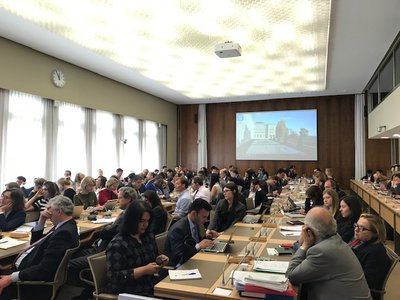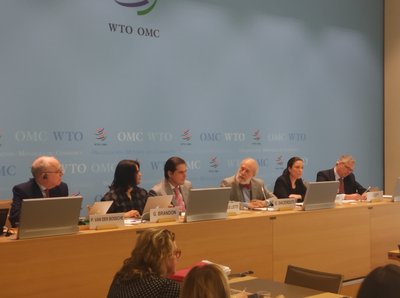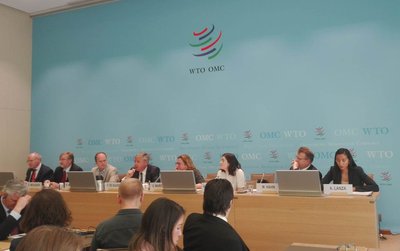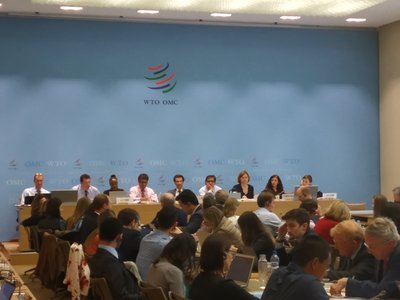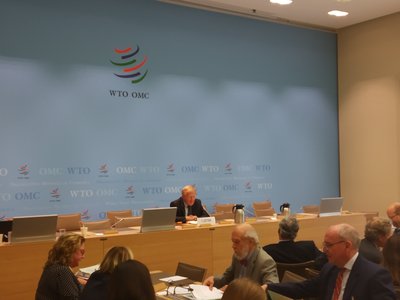4 Jun 2019
Recap: WTO Appellate Review Workshop
The WTI gathered lawyers, academics and policymakers to discuss options for reforming appellate review at the WTO. Event summary by Anvar Rahmetov.
On 24 May 2019, the WTI organized a workshop at the WTO dedicated to the system of appellate review. Long hailed as the crown jewel of the WTO, the Appellate Body, everyone agrees, faces a grim future: with new appointments to the seven-person body that ensures uniform application and enforcement of the WTO rules repeatedly turned down by the United States, the AB will be paralyzed on 11 December 2019, when only 1 member will be left. Enforcement of the WTO rules will suffer as a result, with appeals of Panel decisions facing uncertainty.
To discuss the legal issues which have been most often invoked during this political crisis, the WTI asked three veteran observers of the system to chair three panels dedicated to the scope and timeframe of the appellate review; judicial activism and the value of precedents; and alternatives to the existing system. The sessions were chaired by professors Giorgio Sacerdoti of Bocconi University, Gabrielle Marceau of UNIGE and the WTO, and Joost Pauwelyn of the Graduate Institute.
Professor Peter van den Bossche, the WTI’s Director of Studies, Professor at the University of Bern and a former member of the AB, opened the workshop. Participants in the panel and the audience included current and former WTO delegates, partners and associates at trade law firms, government and international organization officials, academics and veterans of the international trade system. A Reuters reporter was also attending.
Sometimes humorous, sometimes heated and sometimes bleak, the discussions centered on the nature of the current crisis, treatment of municipal law by the AB, the 90-day rule and page limits for AB reports, the history of the “cogent reasons” to justify deviation from established precedent and interaction of AB members with the DSB.
In addition, ways forward after the probable halt of the AB were discussed, including the most realistic blueprint, advocated, among others, by the EU. Participants exchanged views on the potential of the interim review of Panel reports to serve as a de-facto appeal mechanism, on the option of voluntary non-appeal agreements and alternative arbitration under Article 25 of the DSU or regional trade agreements.
Thomas Cottier, emeritus professor of the University of Bern and founder of the World Trade Institute, closed the conference.
The WTI will later publish the edited proceedings of the workshop.
Further info
24 May 2019 Workshop Programme


